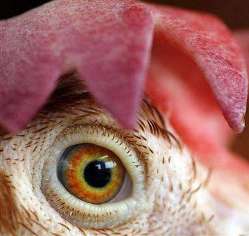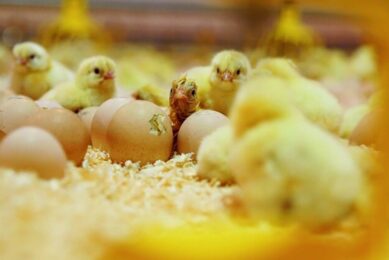Humans may be immune to bird flu

Ever since an outbreak of bird flu in south east Asia spread to neighbouring regions in 2004, scientists have been concerned that the H5N1 strain of avian influenza could signal a new pandemic among humans.
Research on mice and humans found natural resistance to flu strains that people are typically exposed to could be translated into immunity against bird flu itself.
Researchers from the St Jude’s Children’s Research Hospital say that due to the fact seasonal human flu (H1N1) and bird flu contain a closely related neuraminidase (N1) , a disease spreading agent, many people immune to the former could have a similar resistance to the latter.
Researchers tested blood samples from 38 human volunteers and their ability to inactivate neuraminidase from the human N1 virus and two H5N1 viruses. Most of the samples were active against the protein from the human flu virus, with eight of nine inhibiting the protein from both H5N1 strains.
The conclusion was that many people may be naturally immune to the effects of avian influenza.
The US National Institute of Allergy and Infectious Diseases has dubbed the research a “tantalising suggestion”, but cautions that further work is needed to demonstrate there is actual protection in humans against avian flu.
Related links:
Join 31,000+ subscribers
Subscribe to our newsletter to stay updated about all the need-to-know content in the poultry sector, three times a week. Beheer
Beheer








 WP Admin
WP Admin  Bewerk bericht
Bewerk bericht